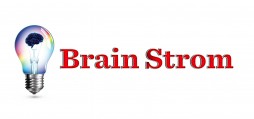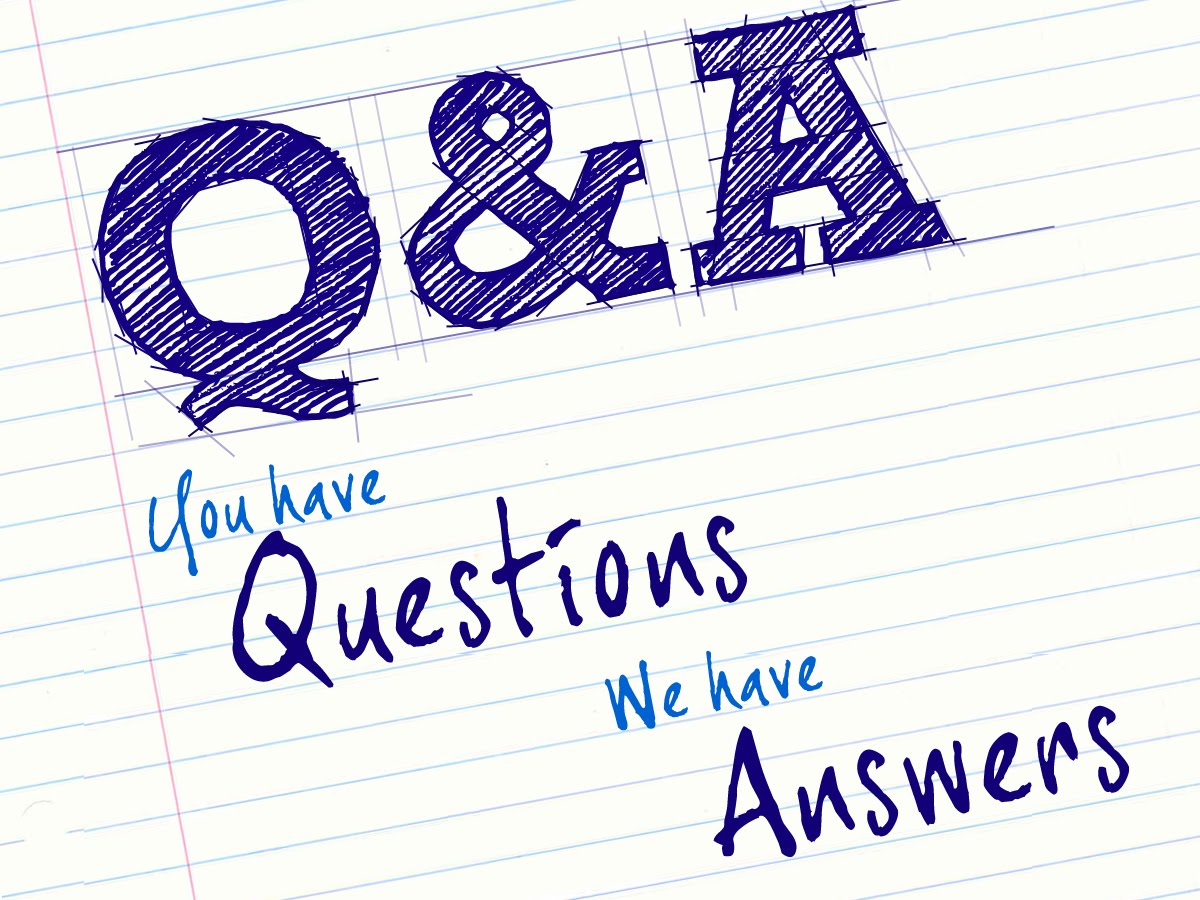Question23: Please write a draft of the protocol summary for the imaginary drug Happymycin that would treat Mood Disorders (Depressions). Please include all appropriate parts according to ICH GCP.
Summary .
Aim:
The aim of this study is to establish the efficacy of the drug Happymycin to Placebo.
Title: Safety, Tolerability, and Efficacy of Happymycin in Patients with severe Mood disorders: A Double-Blind Placebo-Controlled Randomized
Trial Number: 03-N-0057
Protocol Number: 01-S-0357
Summary: This study will test the safety and effectiveness of the drug Happymycin in treating a Bipolar mood disorder Patients with MGUS have an abnormal protein called monoclonal IgM immunoglobulin that attacks the myelin sheath (protective coating) of nerves, causing them to not function properly. The disease affects the nerves in the legs or arms, and patients have numbness, tingling, muscle weakness, and unsteady gait. There are no adequate treatments. Immunosuppressive drugs or human immunoglobulin infusions can produce mild and transient improvement, but the benefits of these therapies are not significant.
Bipolar disorder is a psychiatric diagnosis that describes a category of mood disordersdefined by the presence of one or more episodes of abnormally elevated mood clinically referred to as mania or, if milder, hypomania. Individuals who experience manic episodes also commonly experience depressive episodes or symptoms, or mixed episodes in which features of both mania and depression are present at the same time Episodes of abnormality are associated with distress and disruption, and an elevated risk of suicide, especially during depressive episodes. Bipolar disorder is often treated with anti-manic, and sometimes other, psychiatric drugs. Psychotherapy may have an important role, as well as personal recovery work,
Bipolar disorders are associated with imbalances in certain chemicals that carry signals between brain cells (neurotransmitters). These chemicals include serotonin, norepinephrine, and dopamine. Happymycin is approved to balance these chemical neurotransmitters.
Although the number of patients treated with Happymycin was small, the drug was well tolerated and caused significant improvement in several of the patients
Patients 25 years of age and older with bipolar disorder may be eligible for this 2-year study. candidates will be screened with a medical history, physical and neurological examinations,
Participants will be randomly assigned to either Happymycin or placebo once a week for 4 consecutive weeks. In addition, they will undergo the following tests and procedures:
-Monthly follow-up visits following Happymycin treatment for repeat physical and neurological examinations, blood tests, muscle strength measurements, and review of signs and symptoms.
-Two sessions of ESR tests, one at the beginning of the study and one a year later-to collect blood.
CT scan can are done once at beginning of study and one at end.
If this study indicates that Happymycin is beneficial against bipolar disorder , patients who were assigned to receive placebo during the trial will be offered treatment with Happymycin (four weekly infusions) at the end of the study.
Sponsoring Institute:
Research Center of Neurological Disorders
Recruitment Detail
Type : Active Accrual Of New Subjects
Gender: Male & Female
Referral Letter Required: Yes
Population Exclusion(s): Children
Eligibility Criteria:
INCLUSION CRITERIA:
Patient having Bipolar disorder.
Willingness and legal ability to give and sign informed study consent.
Willingness to travel to National Institutes of Health (NIH) for scheduled protocol studies and treatment.
Men and women of reproductive potential must agree to use an acceptable method of birth control during treatment and for six months after completion of treatment.
Adequate bone marrow, renal, and liver function
EXCLUSION CRITERIA:
Immunosuppressive drug therapy at the time within 6 months prior to enrollment. Specifically, candidates may not be taking prednisone, cyclosporine, tacrolimus, azathioprine, mycophenolate mofetil, anti-lymphocyte agents, cyclophosphamide, methotrexate, or other agents whose therapeutic effect is immunosuppressive or could provoke neuropathy as undesirable secondary effect.
Any medical or social condition that precludes follow-up visits.
Platelet count less than 100,000/mm(3).
Hemoglobin less than 7.0 mg/dl.
Any known immunodeficiency syndrome included HIV infection.
Systematic edema or pulmonary edema.
Any condition that would likely increase the risk of protocol participation or confound the interpretation of the data including active infections.
Pregnancy. Serum pregnancy test will be performed and must be negative in all women of childbearing potential enrolled in this study.
Patients below the age of 25 because this disorder does not occur in such age groups.
Special Instructions: Currently Not Provided
Keywords:
Drug(s):
Depression, Anxiety, Mania, Happymycin, Neuropathy ,CT scan.
Contacts:
Patient Recruitment and Public Liaison Office
Thanks for installing the Bottom of every post plugin by Corey Salzano. Contact me if you need custom WordPress plugins or website design.


